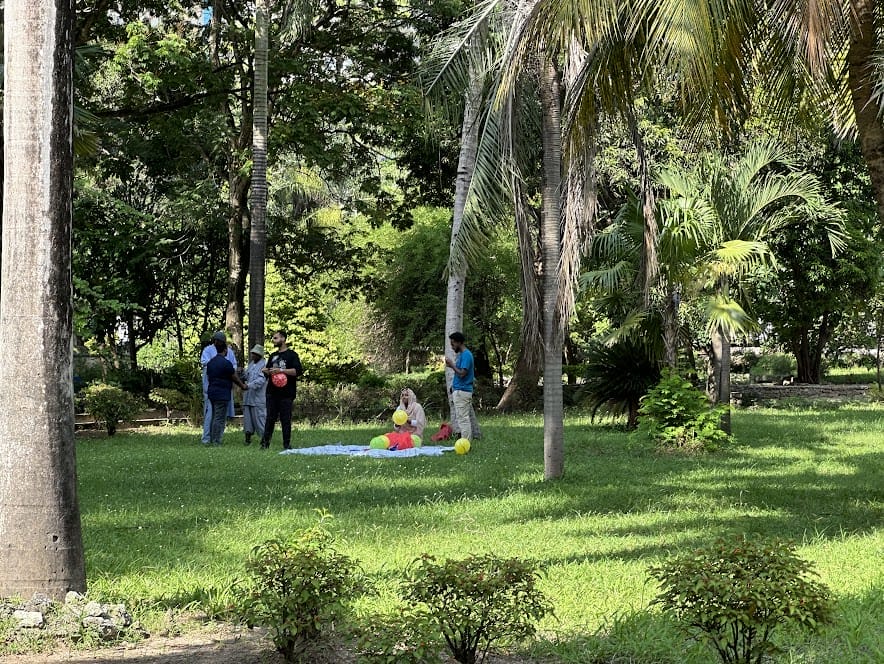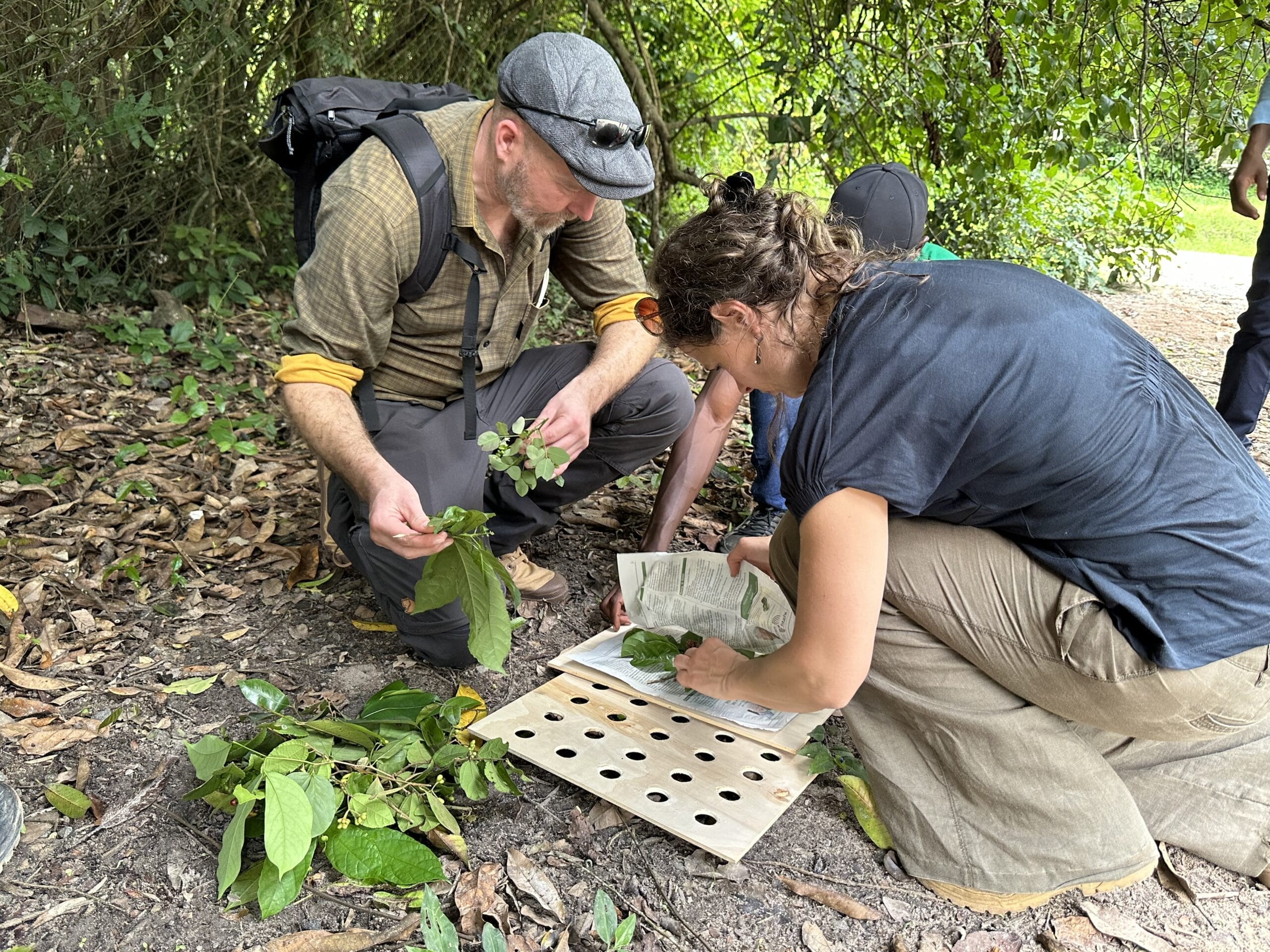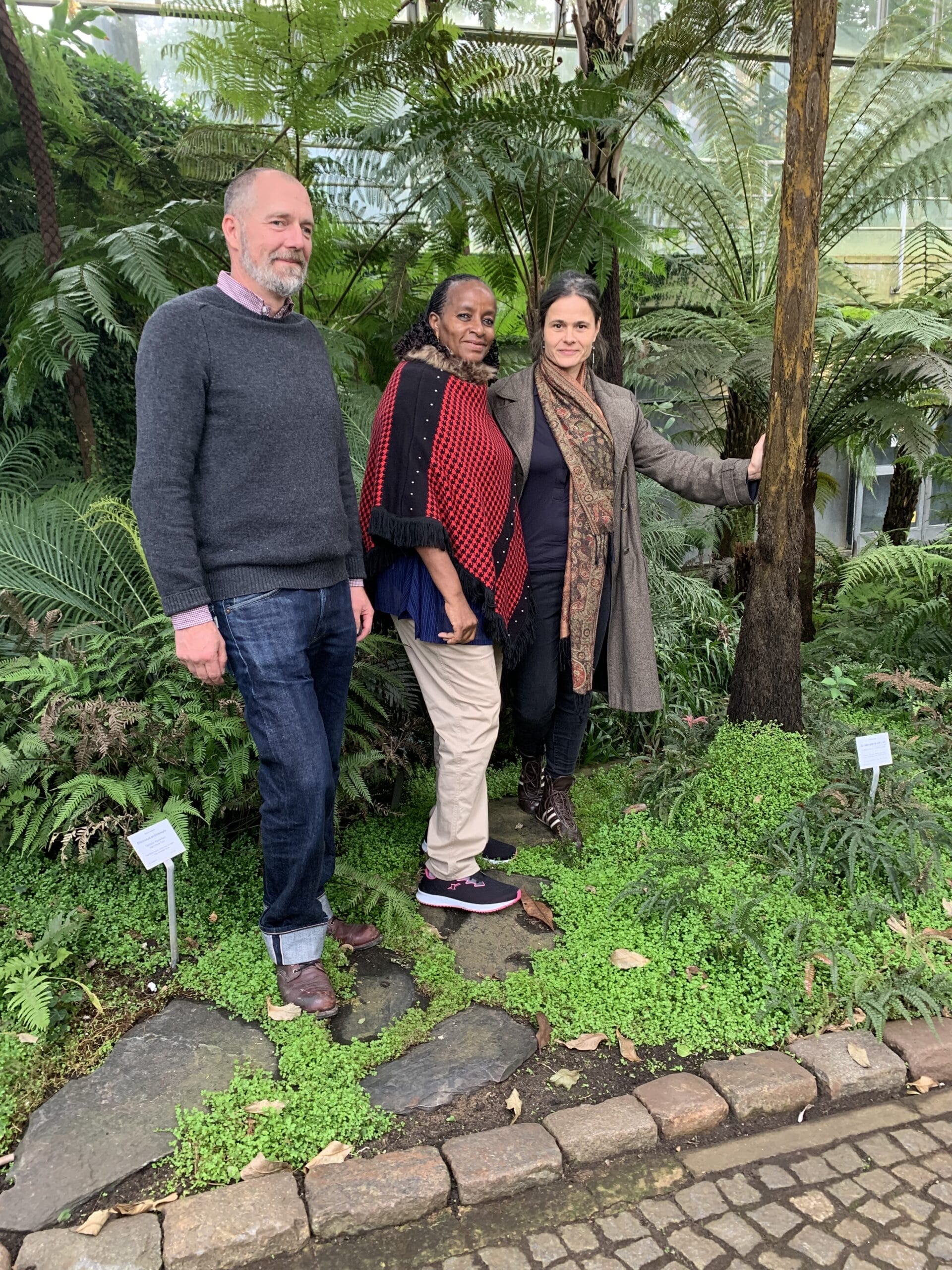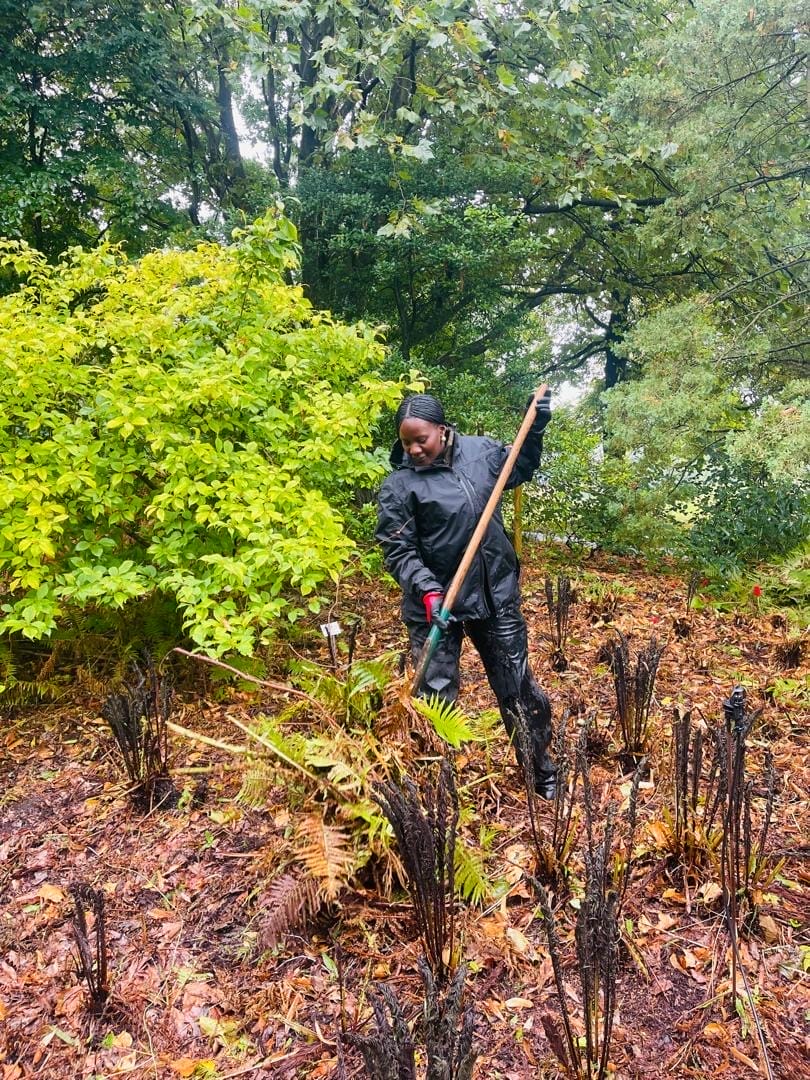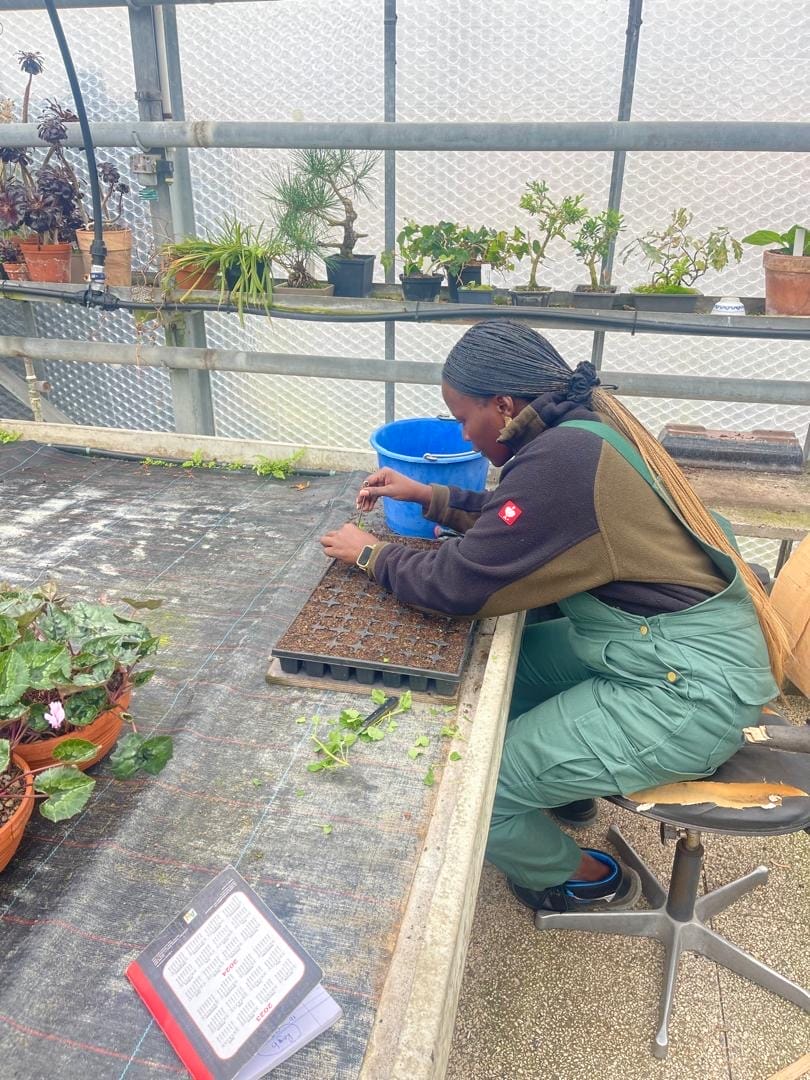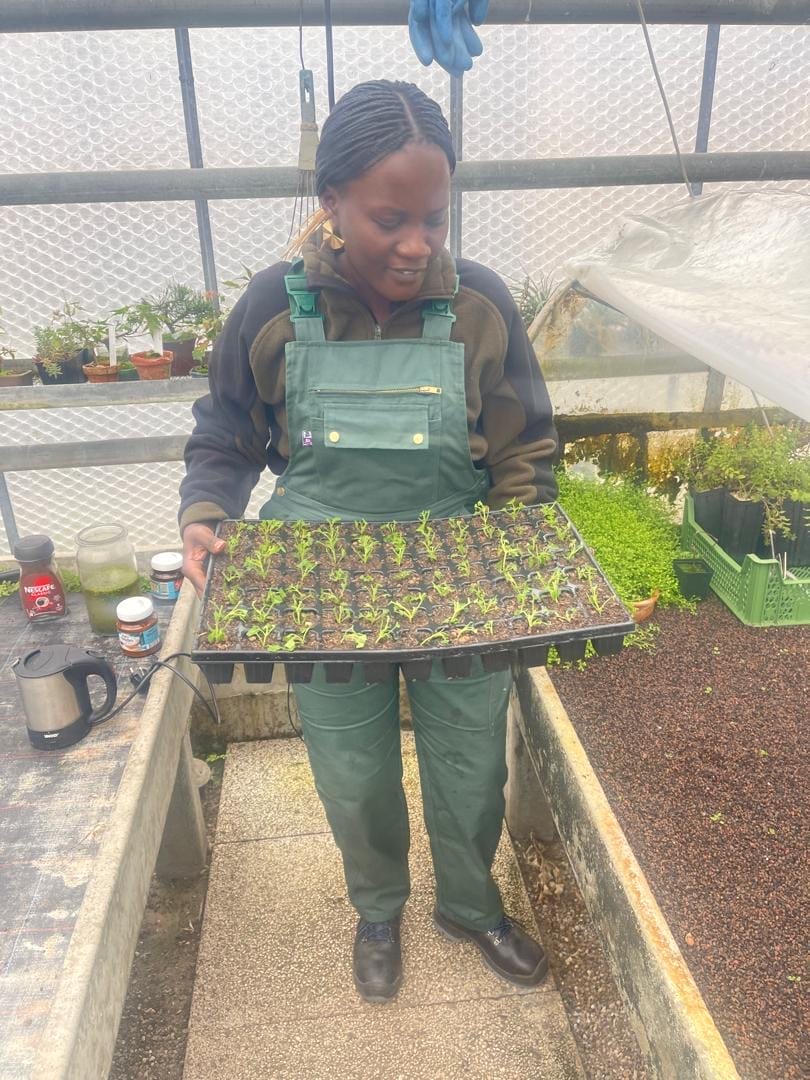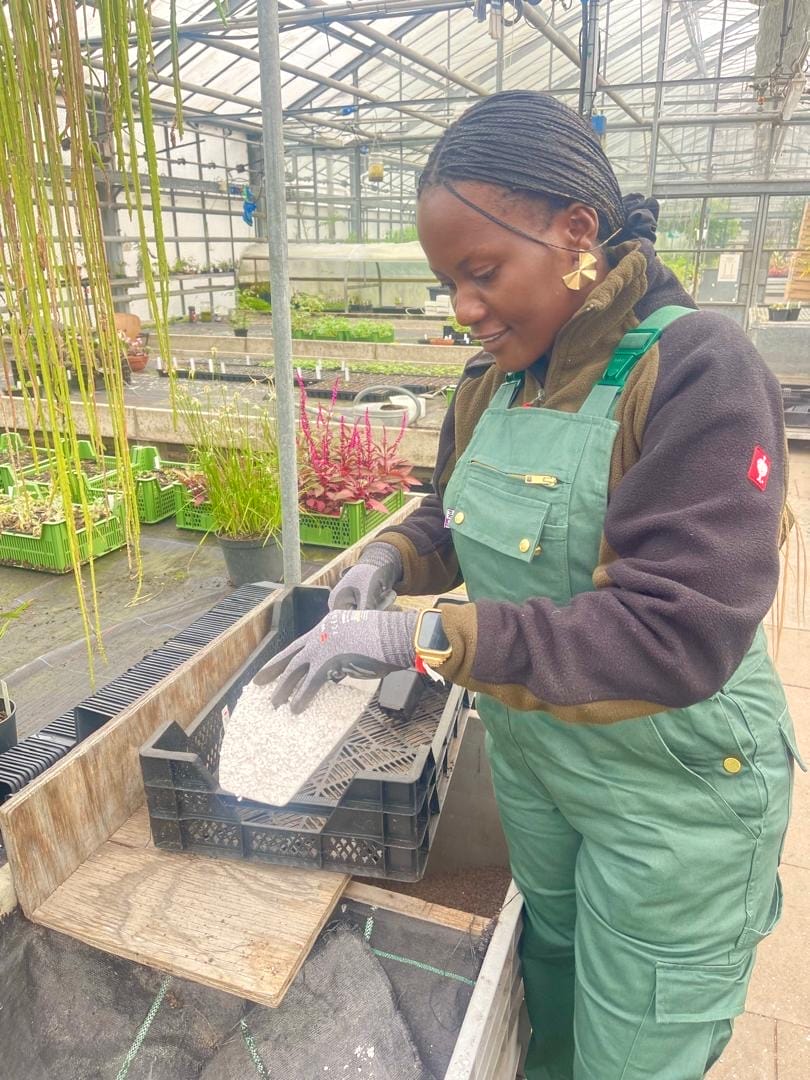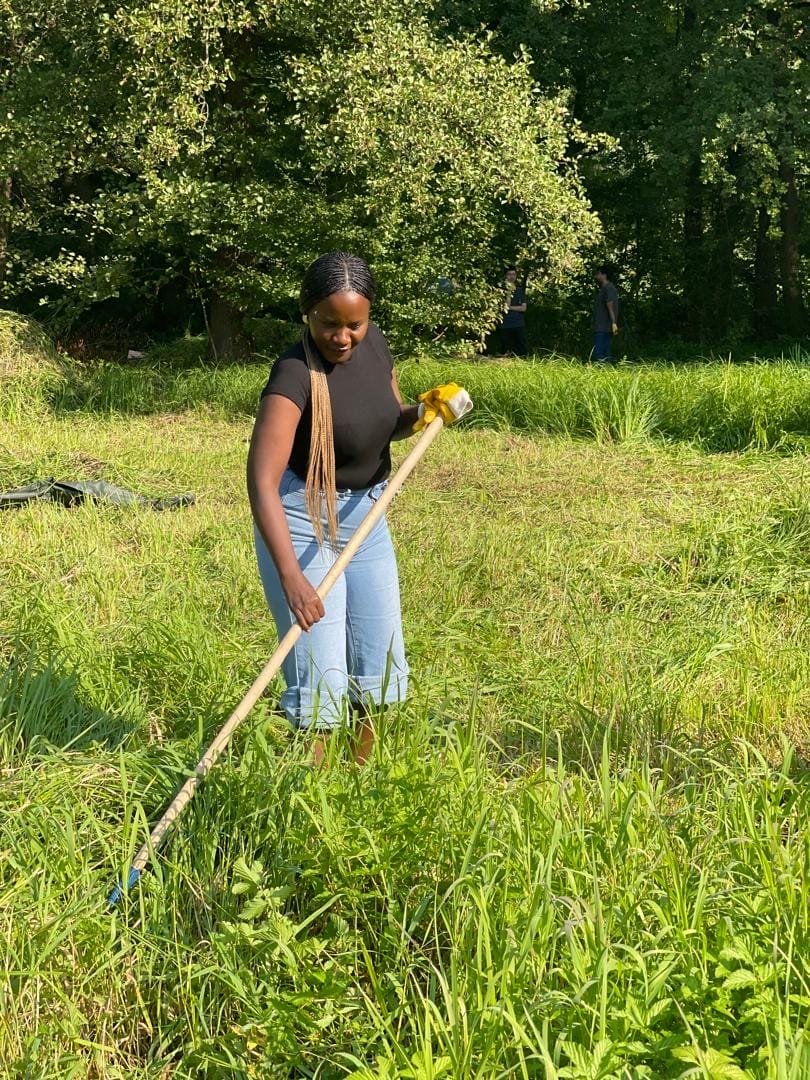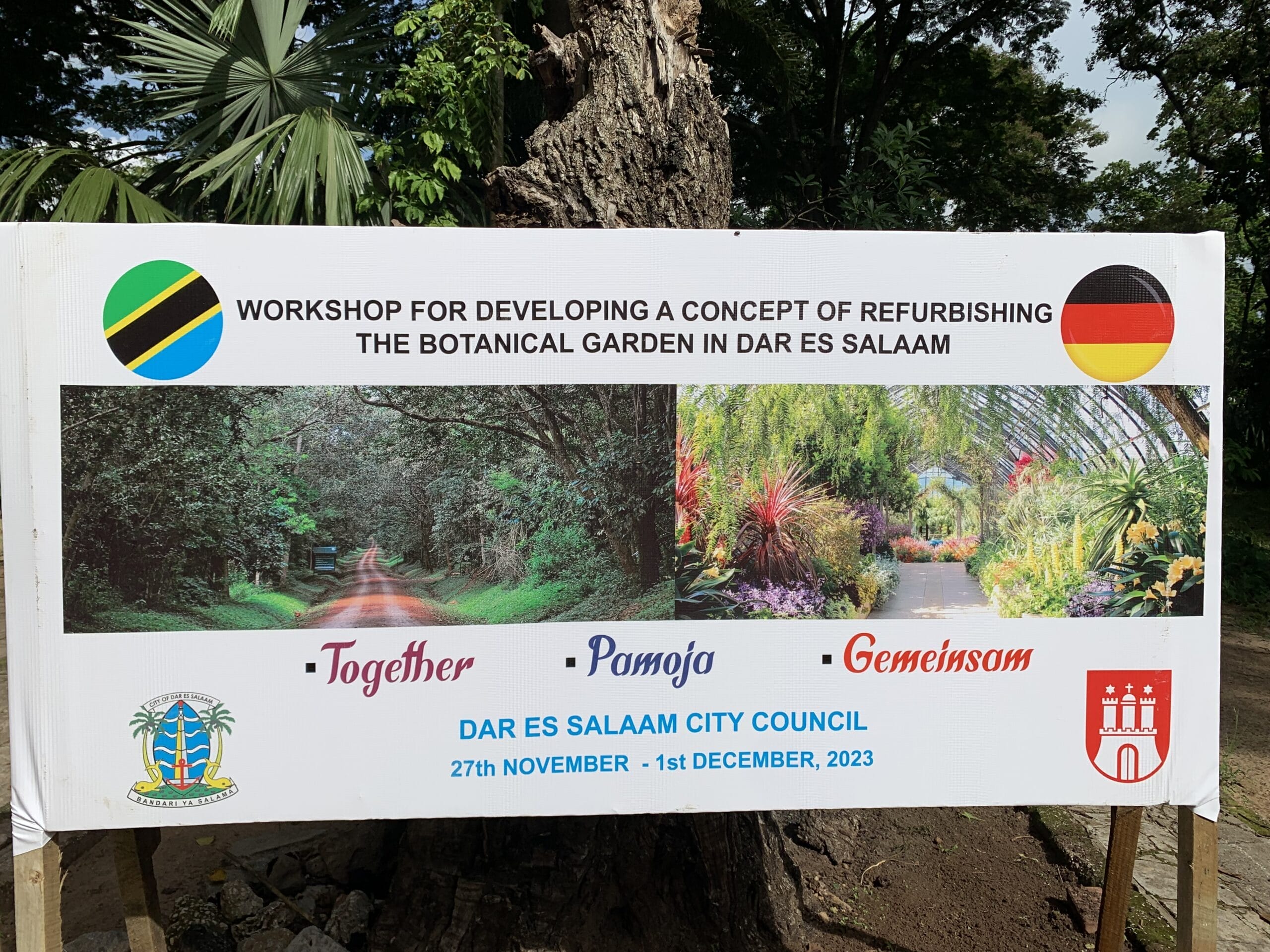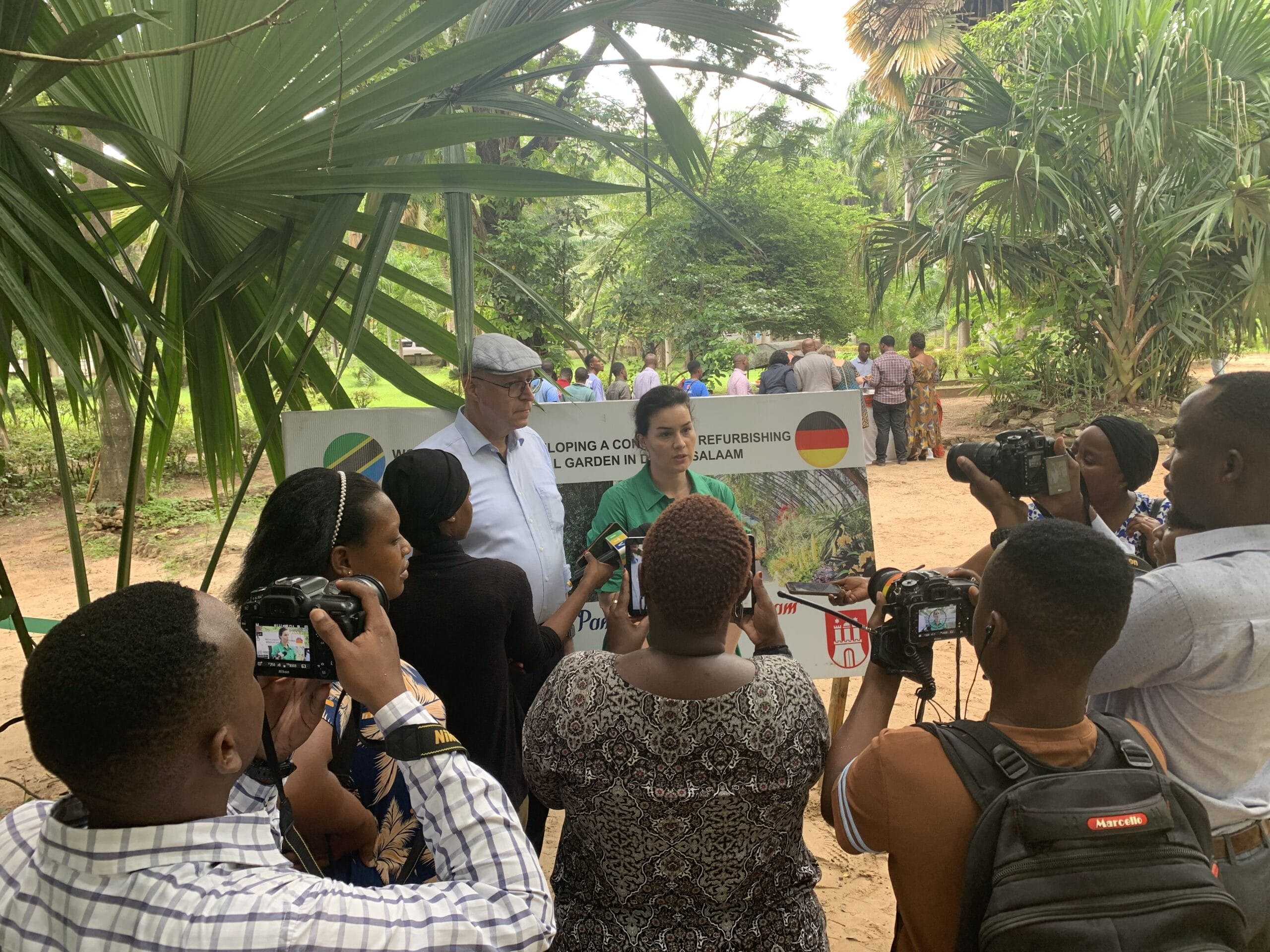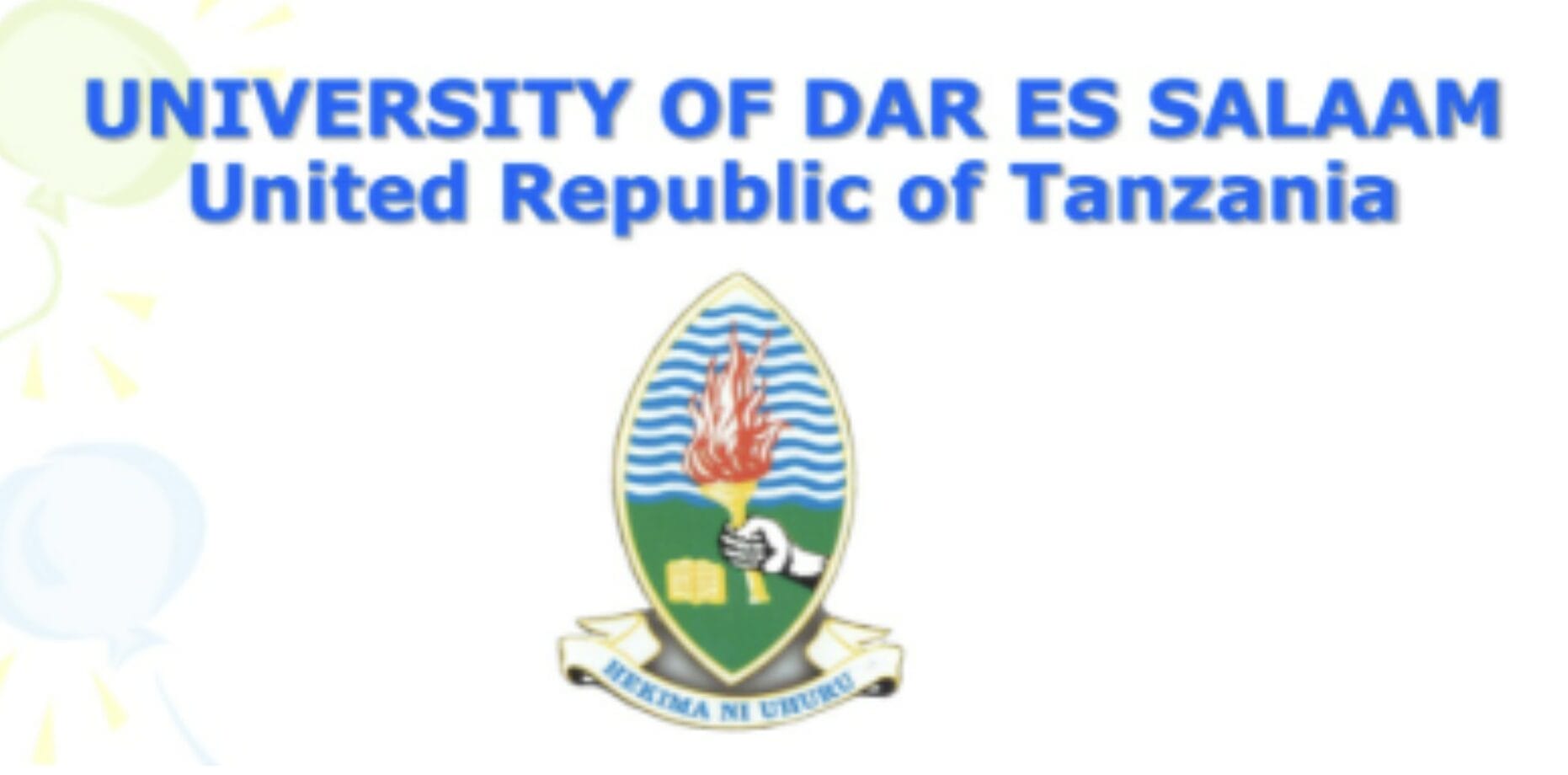Botanical Garden
In November 2023, the foundation stone was laid for the restoration of the Botanical Garden in Dar es Salaam. In 2024, we welcomed visitors from Tanzania to Hamburg. Now the cooperation is entering the next round. In summer 2025, a delegation from the Botanic Garden will travel to Tanzania again as part of the international gardener exchange program.
Hamburg and Dar es Salaam have cooperated as sister cities since 2010, and the Loki Schmidt Garden is no exception.
The management of the Hamburg Botanical Garden traveled to Tanzania in November 2023. Concrete plans have already been made in seminars, workshops and working groups as to how the botanical garden in Dar es Salaam can be rebuilt and led into the future and what role cooperation with Hamburg could play in this.
But first we started with botanizing in the rainforest. While the first snow fell in Hamburg, Prof. Dr. Dominik Begerow, Director of the Hamburg Botanical Garden, Scientific Director Dr. Thea Lautenschläger and Technical Director Nils Kleissenberg set off into the rainforest in temperatures of over 30° accompanied by their hosts to collect plants and explore the local flora.
In September 2024, the people of Hamburg were delighted to receive a visit from Tanzania: the gardener Liberata was a guest in Hamburg for a good three weeks, one week of which she spent in the Loki Schmidt Garden to undergo a kind of training program. The aim was to provide her with as much practical knowledge and concrete skills as possible in the short time available, which she can take back home with her and then use directly in projects in Tanzania, such as the restoration of the botanical garden in Dar es Salaam.
The visit by Tabu Shaibu, the deputy city director of Dar es Salaam, at the end of October 24 was also used directly to bring the cooperation to life. The plans for the restoration of the botanical garden took on ever more concrete form.
In the meantime, a map of the botanical garden in Dar es Salaam has already been developed in Hamburg in cooperation with the GIS Academy, which the garden can now use.
In the meantime, planning has progressed so far that it is time for an international gardener exchange. In summer 2025, Philipp Osterndorff, head of the central area, and our training supervisor, Sonja Helms, will offer two weeks of workshops and working groups on topics such as sustainable tree care, general design and technical aspects. Among other things, Sonja Helms will be teaching the very practical skills that future gardeners will need.
The herbaria of the two universities are also planning intensive cooperation. The basis for this is a Memorandum of Understanding, which was signed in 2024. The aim is a scientific exchange on collecting practices during the German colonial period in Tanzania, as well as the processing of the numerous plant specimens from that time and today.
It is great for the Hamburg Botanical Garden to see what can come out of truly active cooperation, and we are delighted to be able to walk this path together with Dar es Salaam and continue to support the processes so closely. We look forward to all future projects that arise from this active partnership.

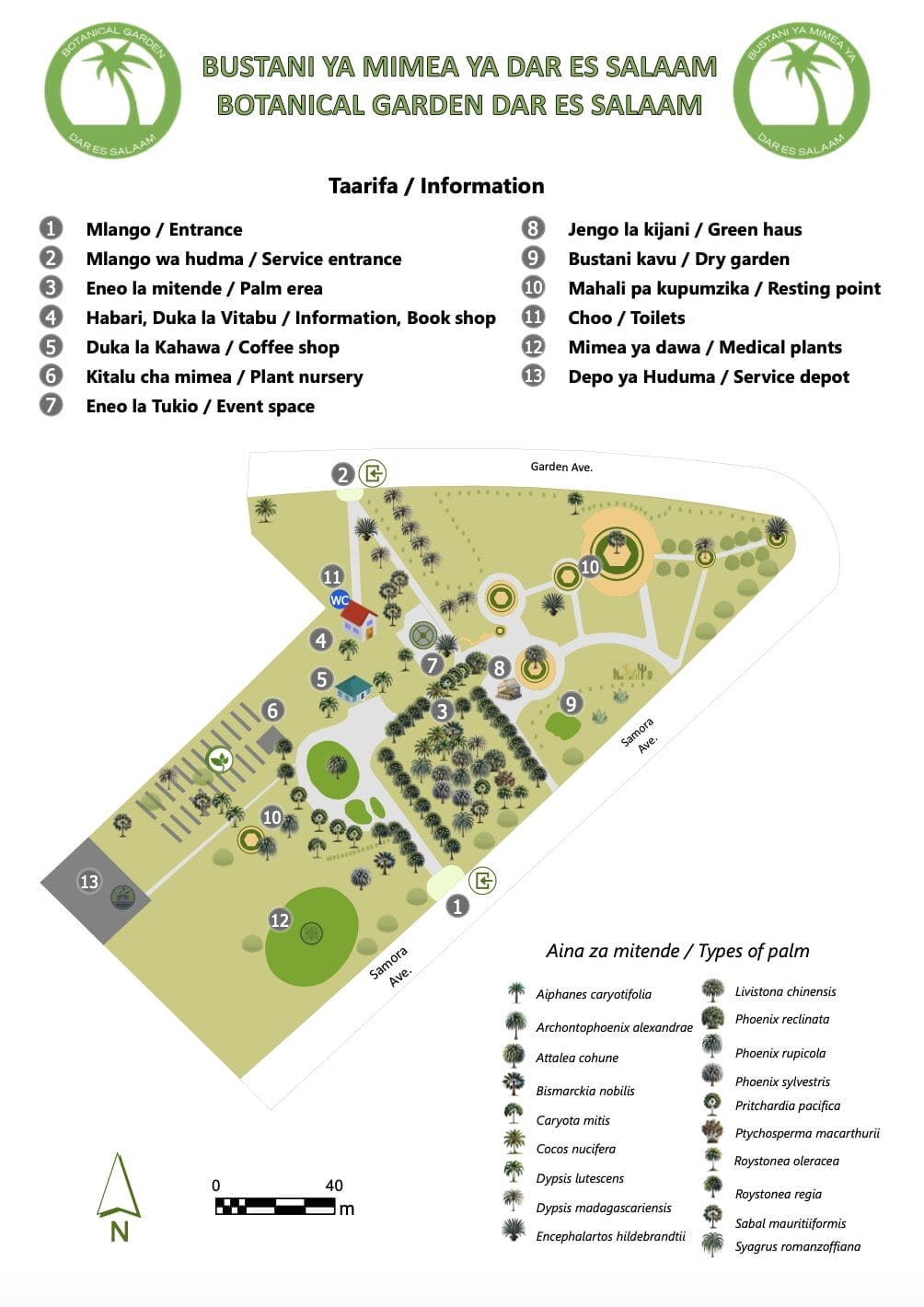
University of Hamburg
The Hamburg Botanical Garden has existed for over 200 years. Founded in the 1970s in Klein Flottbek, the open-air site covers 24 hectares and contains numerous scientific collections and over 14,000 plant species that are used for research and teaching. With almost 300,000 visitors every year, the so-called Loki-Schmidt-Garten is also an important recreational area for the public.
It works with botanical gardens worldwide and is helping to restore the botanical garden in Dar es Salaam. Since 2024, there has also been intensive cooperation and scientific exchange with the botanical institute at the University of Dar Salaam.
University of Dar es Salaam
The Department of Botany at the University of Dar es Salaam is one of the founding departments of the former Faculty of Science, which was established in 1965.
The department offers a range of degree programs. These include a Bachelor in Botany, a Master of Science in Applied Botany, a Master of Science in Botany and a PhD in Botany.
In addition, the department contributes to interdisciplinary fields through its active involvement in other degree programs such as education, wildlife science, beekeeping technology, biodiversity conservation, biochemistry, and integrated environmental management.
The department houses one of the largest and best-equipped herbaria in the country with a collection of over 63,000 plant specimens, some dating back to 1926.
We have a partnership with the Botanical Garden in Hamburg and look forward to sharing our knowledge and supporting each other.


